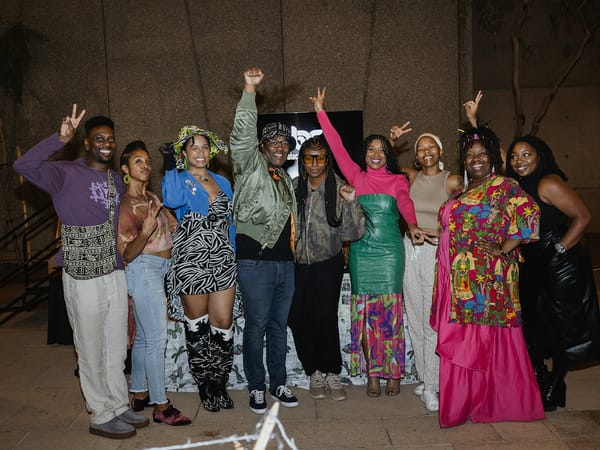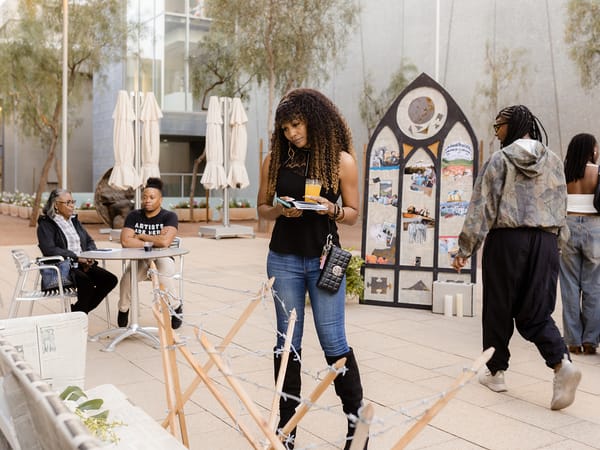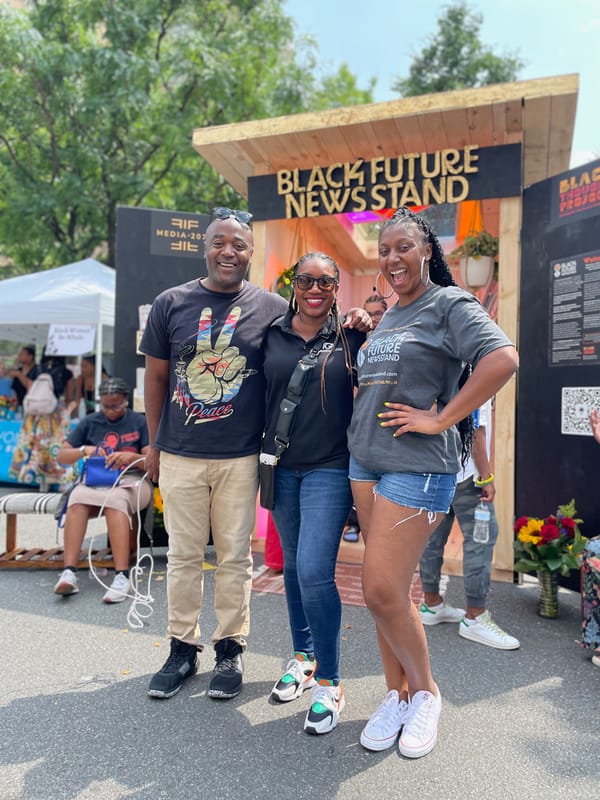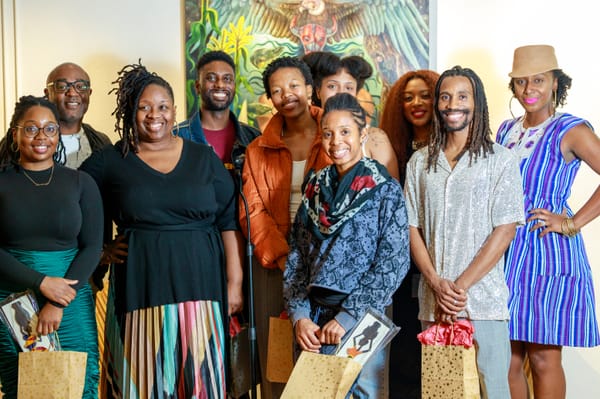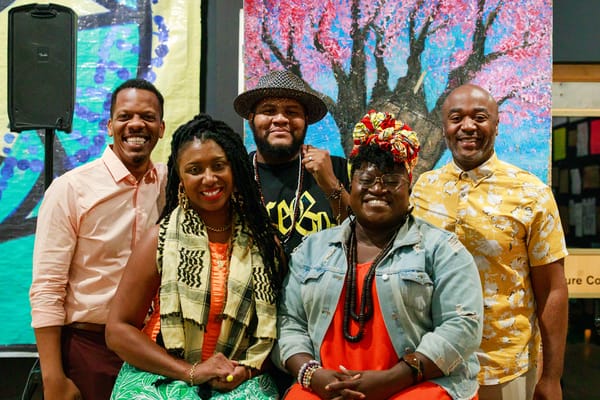There is a moment, just before crossing over, when you stand at the threshold—not fully here, not fully there. It is a space of in-between, of becoming, of questions that have no immediate answers. For those of us who have migrated, who have left behind one world in search of another, this threshold is both familiar and disorienting.
Home is not always a place; sometimes, it is a memory, a scent carried on the wind, a phrase in a mother tongue half-remembered. It is the warmth of a meal that tastes like childhood, the cadence of laughter that sounds like home, even when spoken in a language you no longer dream in. To migrate is to learn how to live with absence, to stretch oneself across time and geography, to build belonging in the spaces between.
For some, home is a return. For others, it is an invention. We piece together fragments—stories from elders, songs that linger, rituals that root us in something older than borders. The threshold is where we reconcile what we have left behind with what we are yet to become.
And so, we ask: What does it mean to belong when we are always moving? How do we find stillness when the ground beneath us is always shifting? Perhaps the threshold is not just a passageway, but a home in itself—a place of transformation, a space where we learn that we are not lost, but expanding.



